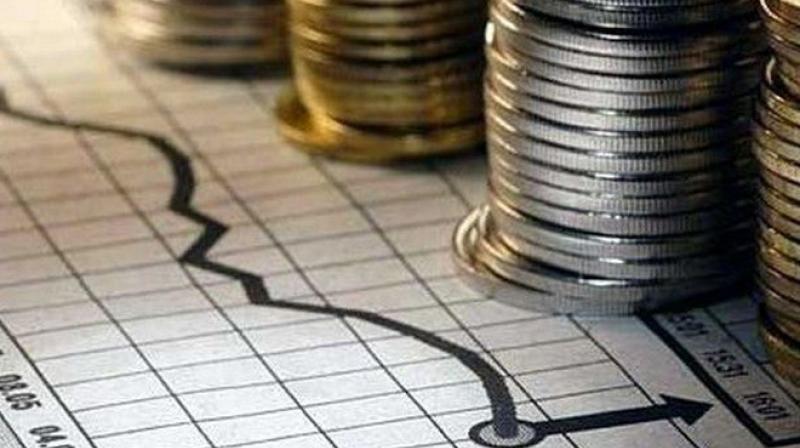Goldman forecasts deceleration in GDP growth to 6.8 per cent in FY17
India remains relatively more insulated given lower exposures to these external risk factors.

New Delhi: Goldman Sachs has forecast a deceleration in India's GDP growth to 6.8 per cent this fiscal, down from 7.6 per cent last financial year, due to demonetisation of Rs 500 and Rs 1000 currency notes.
According to the global financial services major, post the 'dramatic currency reform' the liquidity shortage would be a significant constraint on domestic activity, which in turn would affect GDP growth.
"In the short term, the liquidity shortage appears likely to be a significant constraint on domestic activity, leading us to forecast a deceleration in GDP growth to 6.8 per cent in FY17 (below consensus), down from 7.6 per cent in FY16," Goldman Sachs said in a research note.
Eventually, the currency reform should help to move economic activity into formal channels, accelerate financial inclusion, and increase government revenue, it added.
According to the report, the "large, young, lower-income" economies of India, Indonesia, and the Philippines have higher growth potential in theory. But in practice, much will depend on domestic policy and the pace of economic reform.
"In this regard, we continue to see India as the most promising, with a major currency reform providing an emphatic demonstration of the Modi administration's reform commitment?albeit at the price of serious short-term disruption," the report added.
Moreover India is also relatively more insulated given lower exposures to these external risk factors and a reasonably positive domestic backdrop in the medium term.
Other key reforms in 2016 include the approval of goods & services tax (GST) structure, passing of the new bankruptcy code, formation of the Reserve Bank's monetary policy committee and formalisation of inflation target framework.
Apart from these, several "nuts and bolts" reforms have also been carried out including further measures to ease doing business, scrapping outdated laws, boost infrastructure investment, direct transfer of subsidies to bank accounts using the unique Aadhaar ID, easing in FDI restrictions in defence, aviation, retail and ecommerce, among others.
"For 2017, we think that the implementation of above reforms?particularly the successful resolution of the demonetisation effort and GST reform?will be the main focus of policymakers," the report said.
Other likely areas of emphasis in 2017 are further progress in ongoing reform in power distribution, a new fiscal policy framework, and ongoing measures to address stressed banking sector balance sheets, it added.

